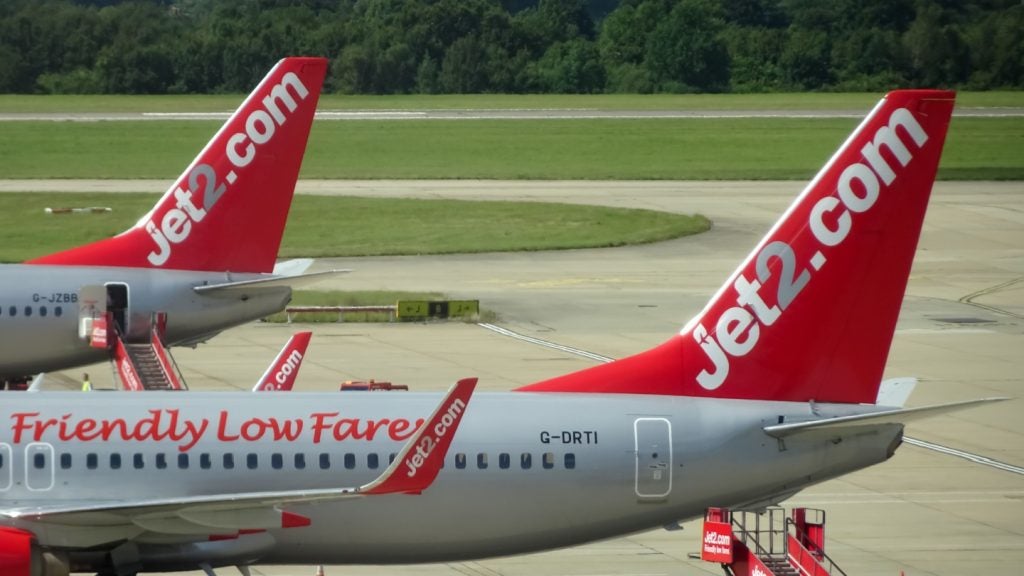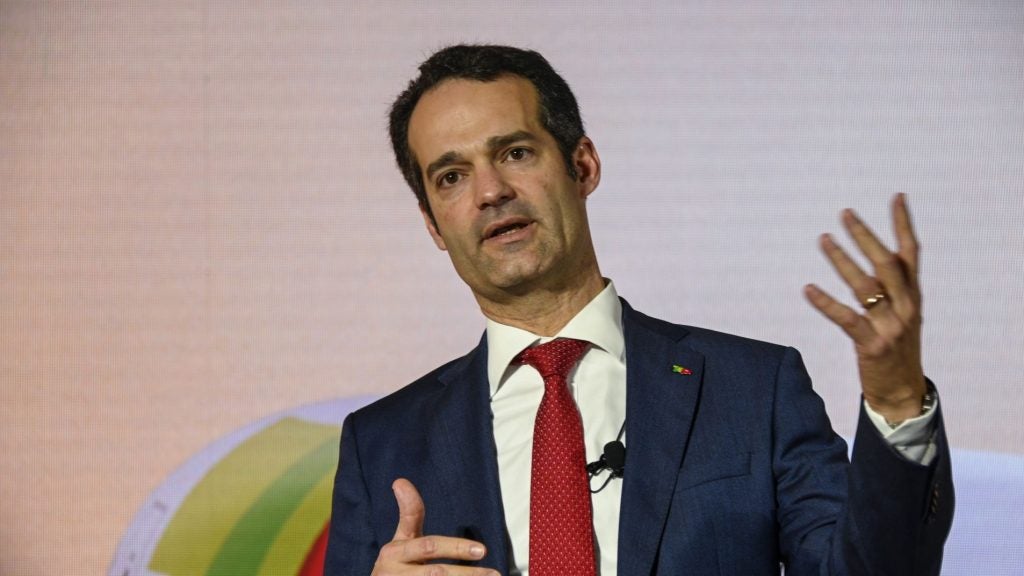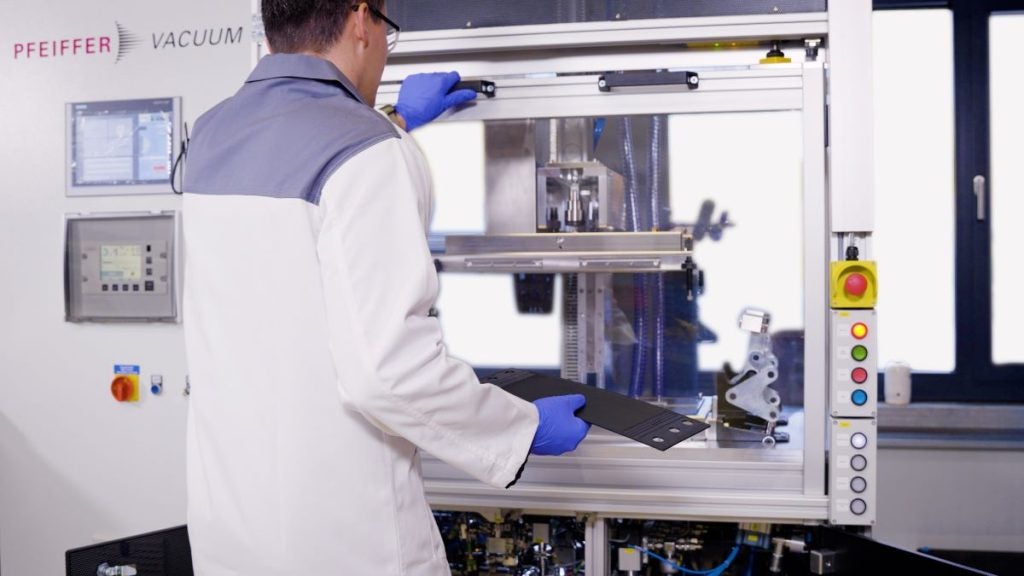
On 12 October 2009, a Qatar Airways aircraft completed the world’s first commercial passenger flight powered by a fuel made from natural gas. The historic journey from London Gatwick to Doha took over six hours and used an Airbus A340-600 aircraft with Rolls-Royce Trent 556 engines. Shell developed and produced the 50-50 blend of synthetic gas to liquids (GTL) kerosene and conventional oil-based kerosene fuel. The State of Qatar is set to become the world’s leading producer of GTL kerosene when it is put into commercial production from 2012.
The fuel, as an alternative to conventional oil-based kerosene, will contribute to diversification of aviation fuel supply. It also burns with lower sulphur dioxide and particulate emissions than pure conventional oil-based kerosene, making it attractive for improving local air quality at busy airports.
Eulian Roberts, MD of the Qatar Science & Technology Park, explains that the commitment of Qatar Airways and consortium partners to ensure that new aviation fuel technology is effectively applied is a great example of the kind of research pioneered at QSTP.
"Research into alternative and environmentally-friendly fuels like GTL will establish QSTP as a leading international hub for the application of new platform technologies," he says. "This is a great example of the effective collaborative research and development that is already producing successful outcomes."
Shell continues to be a leading supplier of aviation fuels. It has a fuelling service at more airports and in more countries than any other international supplier (over 900 airports spanning 70 countries). Right from the start of its aviation fuelling service, the company recognised the need for careful attention to the quality control of aviation fuel. This was particularly the case for remote locations with difficult supply routes.
See Also:
As a result, Shell developed strict procedures for the quality control of aviation fuel supplied worldwide. Today, regular inspections of all fuelling locations against standards that meet or exceed industry requirements assure safety and quality.
How well do you really know your competitors?
Access the most comprehensive Company Profiles on the market, powered by GlobalData. Save hours of research. Gain competitive edge.

Thank you!
Your download email will arrive shortly
Not ready to buy yet? Download a free sample
We are confident about the unique quality of our Company Profiles. However, we want you to make the most beneficial decision for your business, so we offer a free sample that you can download by submitting the below form
By GlobalDataGTL Jet Fuel
The blend of conventional kerosene and GTL kerosene will be known as GTL Jet Fuel. The flight was the latest step in over two years of scientific work carried out by a consortium consisting of Airbus, Qatar Airways, Qatar Petroleum, Qatar Science & Technology Park, Rolls-Royce, Shell and WOQOD into the benefits of using GTL Jet Fuel to power commercial aircraft. Much of this work is being undertaken at the Qatar Science & Technology Park in Doha. "Qatar’s position as the GTL capital of the world has been further enhanced with today’s achievement," says Abdulla bin Hamad Al-Attiyah, deputy prime minister and minister of energy and industry for the State of Qatar. GTL technology enables us to produce liquid fuels and other products from natural gas. Commercial aviation is one of the exciting new markets that this opens up, helping us maximise the value from our natural resources.
Data analysis of the GTL flight
Data from the GTL flight will be used by scientists in Qatar to further quantify GTL Jet Fuel use benefits. Qatar Airways chief executive officer Akbar Al Baker, who was onboard the flight, says: "Qatar Airways is proud to be associated with this consortium and to become the world’s first airline to use this new fuel technology on a commercial passenger flight.
"We expect this alternative fuel to provide benefits, particularly the improvement of air quality. This milestone flight is the first step in making this alternative fuel available to airlines. Qatar Airways looks forward to continuing to work with the consortium members to further develop this exciting project and commit towards a cleaner environment."
GTL kerosene will be produced in commercial quantities by the Pearl GTL project, currently under construction by Qatar Petroleum and Shell. The project is expected to produce around one million tons per annum of GTL kerosene from 2012, enough to power a typical commercial airliner for half a billion kilometres (equivalent to carrying 250 passengers around the world 4,000 times) when used in a 50% blend to make GTL Jet Fuel. GTL Jet Fuel, with GTL kerosene up to 50%, was fully and unconditionally approved as safe for use in civil aviation by ASTM International (originally known as the American Society for Testing and Materials) last month. The approval followed two years of separate research and discussion by the ASTM specification group, a separate consensus body consisting of producers, equipment manufacturers and consumers of aviation fuel.
Sjoerd Post, vice-president, Shell Aviation says: "Today’s flight opens the door to an alternative to oil-based aviation fuel. Shell has been developing the technology to convert natural gas into valuable liquid transportation fuels, lubricants and chemical feedstocks for over 30 years. We are now well on the way to launching GTL on a world scale for the first time thanks to our partnership with Qatar Petroleum."
Airbus’ senior vice-president public affairs and communications, Rainer Ohler explains: "The journey from the A380’s historic first GTL flight by a civil aircraft, to today’s historic first passenger flight using GTL, shows that drop in fuels are real and viable. This is a major breakthrough, which brings us closer to a world where fuels made from feedstocks such as wood-chip waste and other biomass is available for commercial aviation. Airbus predicts that in 2030, up to 30% of jet fuel will be alternative."
In an earlier phase of the research work, in February 2008, a test Airbus A380 flew from Filton in the UK to Toulouse in France in the first ever use of GTL Jet Fuel to power an airliner.






